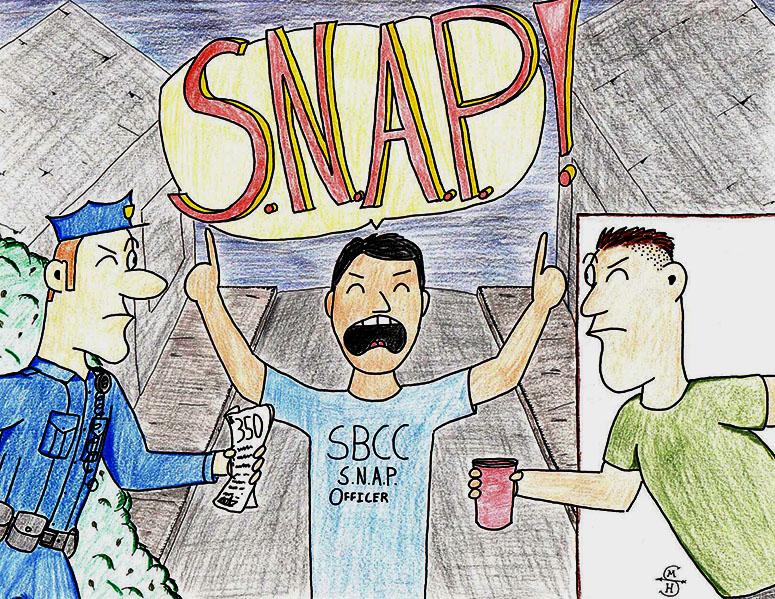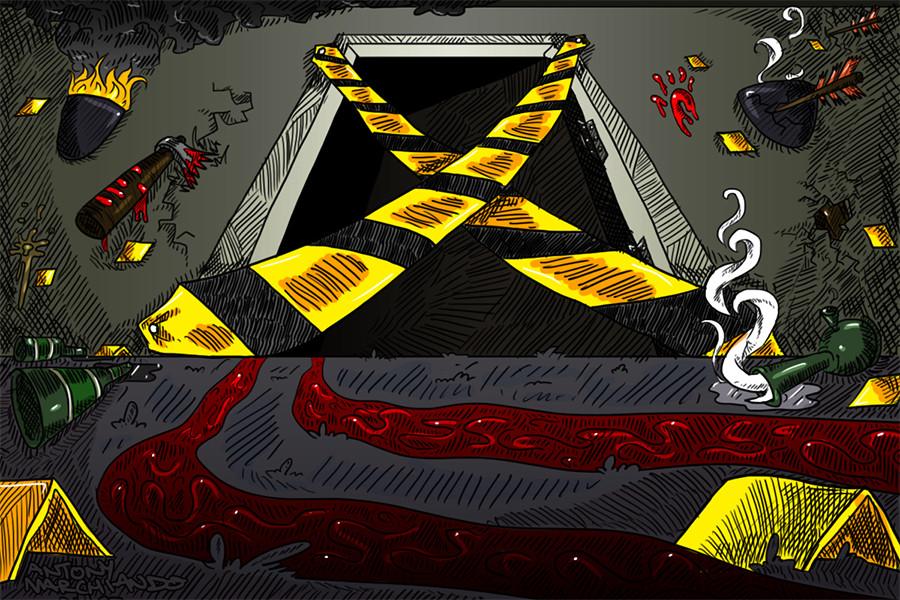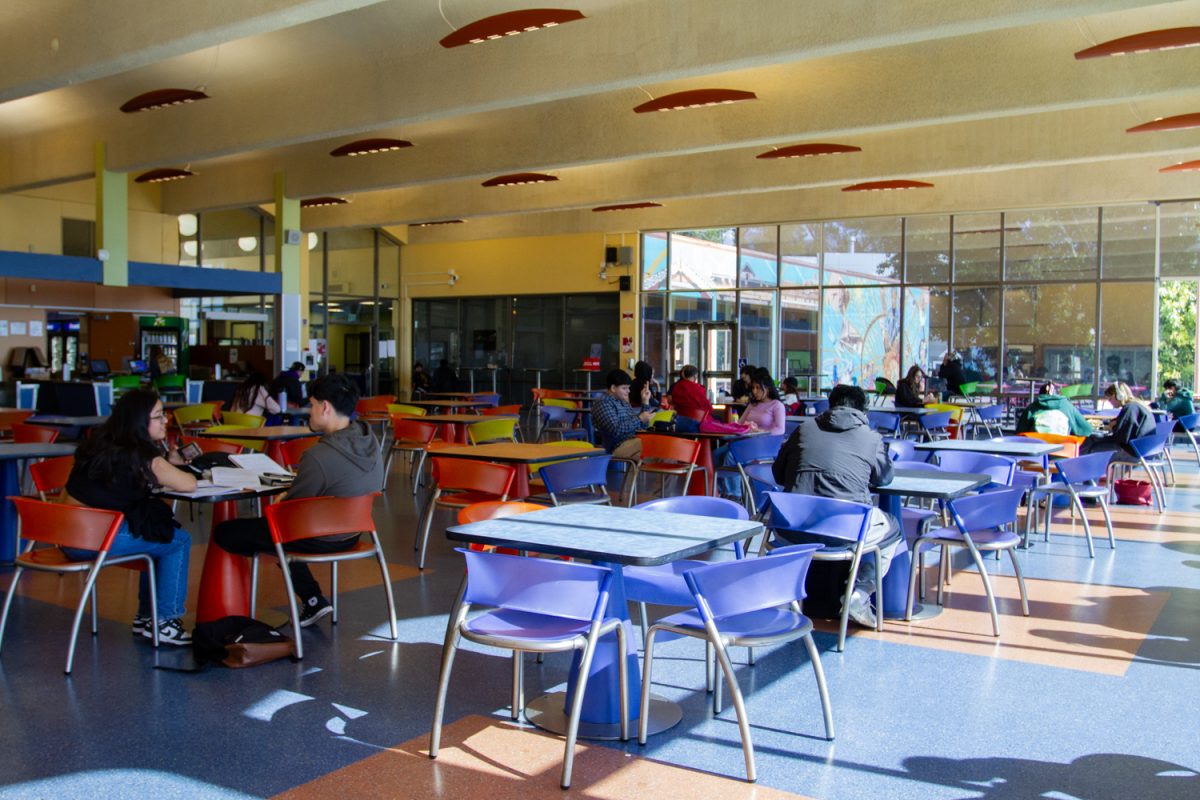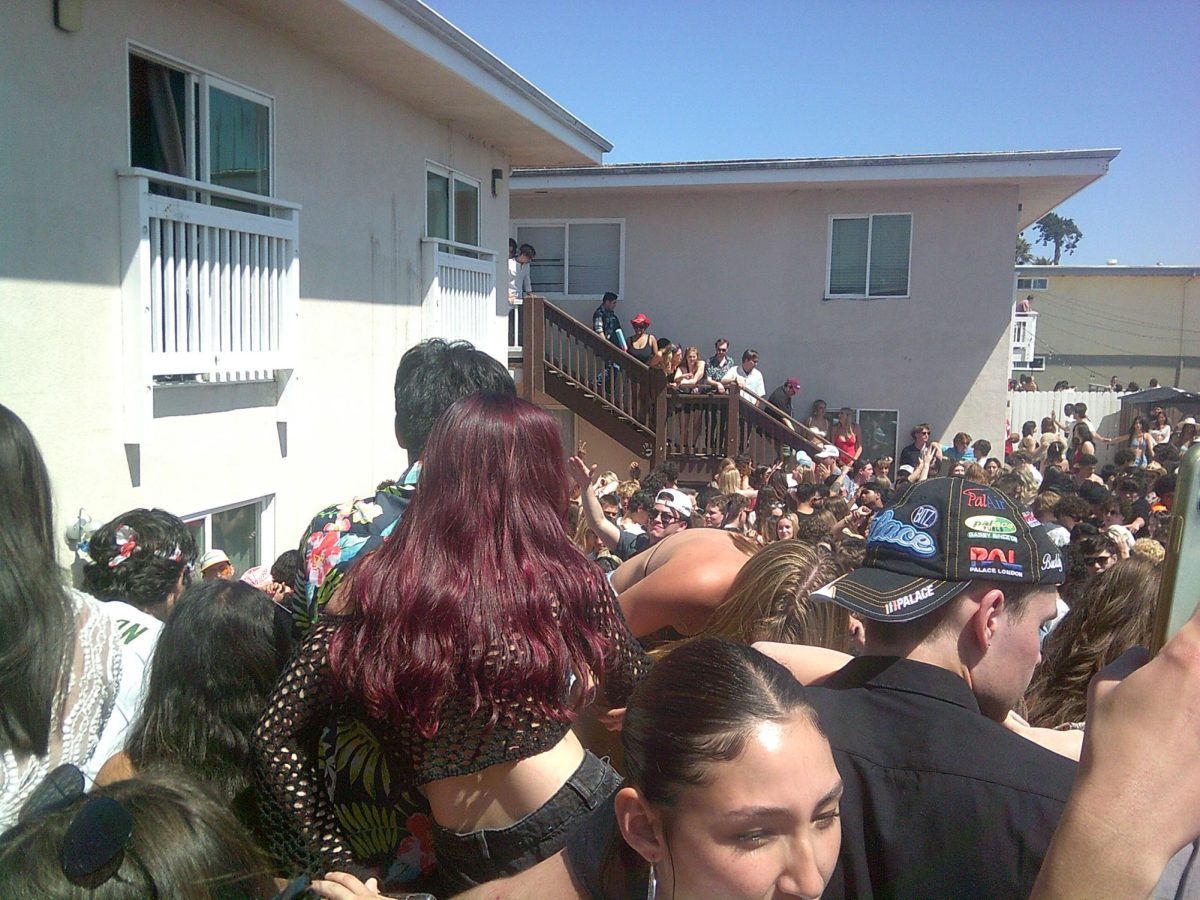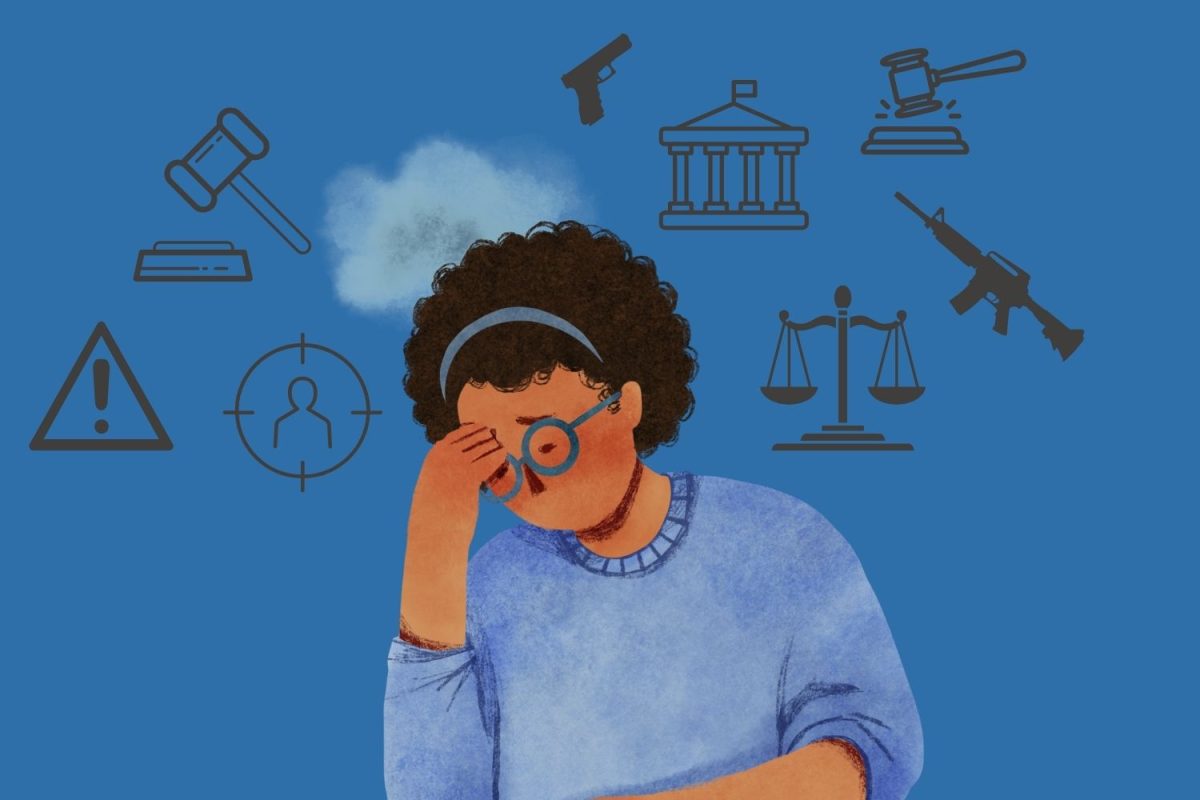Following years of complaints from Mesa residents about the party scene near City College, the Santa Barbara City Council has approved changes to a noise ordinance that adds hefty fines.
The council voted unanimously on Tuesday, Feb. 9, to fine $350 for the first offense, $750 for the second and $1,000 for any following violations. Both landlords and tenants will be fined for the first offense, which is likely to result in a $700 fine for students if landlords pass on their part of the penalty to their tenants.
The Channels Editorial Board supports the noise ordinance but believes that only warnings should be issued for first time offenders. We students can’t afford a $700 hit.
The Santa Barbara Police Department told The Channels in an on-the-record interview that officers would try to issue warnings in most cases. But they still reserve the option to issue fines immediately for the first violation.
The Santa Barbara Police Department and City College have been working to implement the Student Neighborhood Assistance Program, where the students will be trained as the first responders to noise complaints. It would allow student officers to only issue warnings, not citations. The program has been a huge success at Cal Poly San Luis Obispo and many City College students support the idea.
This program is essential to the fair treatment of both students and Mesa residents, as it would enable students to quiet things down without being hit with steep fines. But we’re concerned the neighborhood assistance program has been pushed aside in favor of changes to the noise ordinance.
To uphold justice for both the financially struggling students and the Mesa families, we need to put a system in place that will allow students fair warnings. The college cannot keep delaying this critical part of the solution.
It is commonplace for students to graduate high school and look towards college, anticipating a “dorm life” experience that includes, naturally, partying.
However, the problem City College runs into is students move into residential neighborhoods with this same outlook—college to them means it’s time to party. Because SBCC doesn’t provide dorms, students have no housing options that provide a controlled, designated environment for them to live a party lifestyle.
So they move into unsupervised apartment near the college, and their actions have brought down the property value of Mesa homes and lowered the quality of many residents’ sleep.
Belligerent, drunken students also pose a threat to residents and police officers when they clash over the nighttime activities. The SNAP program would dramatically reduce the hostility between students and police officers, as well as residents, because it would allow their peers to give them a prior warning.
The Channels Editorial board feels that once students have been given this warning, if they continue to disrupt the neighborhood, it is entirely justified for the police to issue a fine based on the ordinance.
The ordinance has potential to restore peace and quiet to the Mesa, but unless the SNAP program is implemented, it could also cause unreasonable suffering to students already struggling for money. To achieve the best scenario for everyone involved, the SNAP program is vital.


